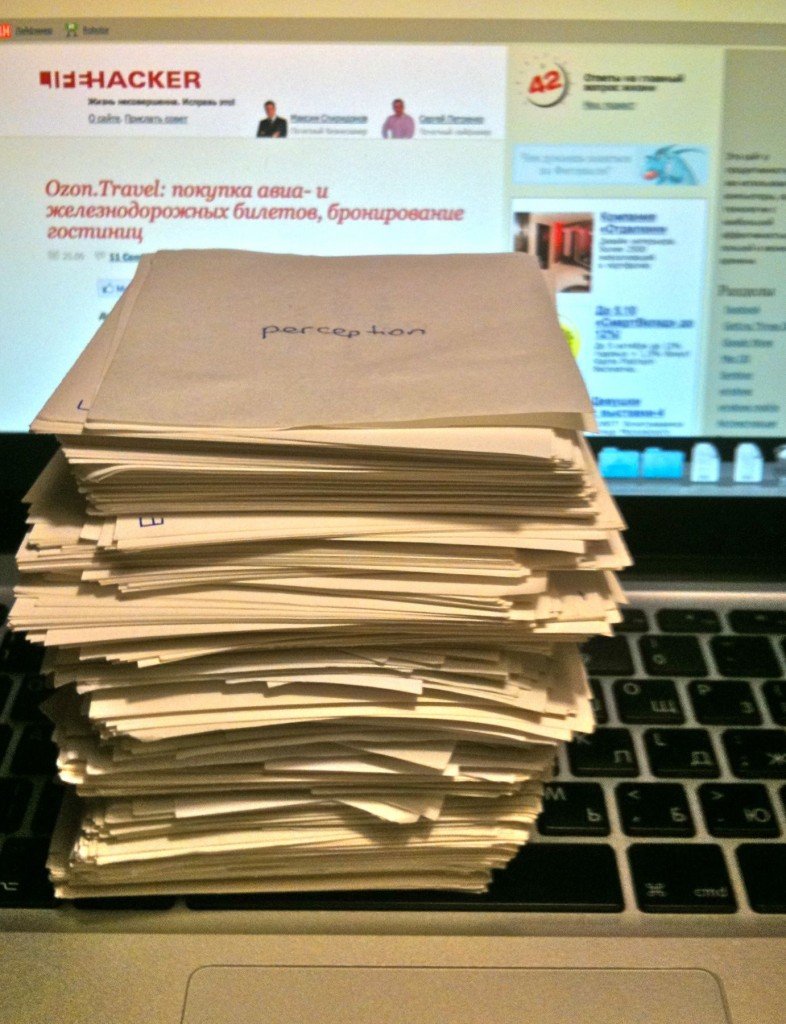Most people who study a foreign language sooner or later face the problem of vocabulary set. What the English call vocabulary, and we, Russians, an active vocabulary, is one of the most important parts of language proficiency. It is believed that this part is at least 60-70%.
With this article we will open a series of materials devoted to various ways of learning new foreign words. If you are already learning or have studied a foreign language, then some of the methods will seem familiar to you, but some (we hope) will inspire you to replenish your vocabulary (after all, as you know, there are not many superfluous words).
All the tips that the author will present to your attention have been tested by him in at least two languages, but the conversation, first of all, will be about English.
Method 1. Word cards
This is a way as simple as the world itself, probably invented by Neanderthal translators (and has not changed much since then).
A stack of small stationery sheets is taken, on one side of each sheet a word is written in the original language, and on the second - its translation into the great and mighty. Then the leaves get mixed up like playing cards.
The principle of studying is simple — we take one card and try to translate the word that we see on it, and then we turn the card over and check ourselves. If the word was identified quickly and painlessly, we put the card in one pile, if we could not figure out what the word means on our own, we put it in the second (which needs to be additionally memorized). Gradually, all the words from the original stack will move to the stack of studied ones, and new words and new pieces of paper will take their place.
There is another way to work with cards. We take out five or six cards at random from the stack, lay them out in front of us and try to make a sentence from what we see. The author of this article managed to write entire essays out of hundreds of random cards — the charging for memory is simply fantastic.
You can work with cards anywhere: at home, in transport and at work. I had a free minute — we get a stoparick (I'm talking about cards, and what are you talking about?) and we begin to sort them out.

Here is a stack of cards that the author has accumulated in about six months — there are about two thousand pieces of paper with English words and idioms (this is about 20% of the vocabulary of an American university graduate) and several hundred hours of hard hard mental work.
Where to get words for cards? Yes, anywhere. Any unknown word can be easily transferred to the card. Of course, the word must pass the simplest test of applicability. Imagine if you can use the word in a normal conversation? If yes, then feel free to write it down on a card and teach it. If not, then as they say, se la vie.
Let's put it bluntly — this way of studying words is completely imperfect (I apologize for the tautology).
First of all, the study of words takes place in isolation from their pronunciation. You can know what a thousand words mean, but not know how to pronounce and use them correctly. Plus, if you don't use words often, they quickly fly out of memory, clogging up with other, more useful information. Do not expect that the efficiency of word cards will exceed 10-15%.
The second significant disadvantage is the huge, incredible, amazing tedium of this method. You will have to spend hours surrounded by cards and papers, raking through stacks in search of words that you know "not well enough". And the more cards you have in your collection, the harder it will be to work with them. In about a month or two, the pile of paper will completely capture you, you will follow the experience of the author of this note, moving on to more exciting and effective ways to replenish your vocabulary.
Among the advantages of this method, the following can be noted. Word cards are a good way to learn words that cannot be learned in other ways. For example, you are a programmer and you urgently need to memorize 300 important technical terms. In this case, word cards will save you.
Next time we will get acquainted with a method called «sing with me ». Stretch your ligaments, gentlemen!